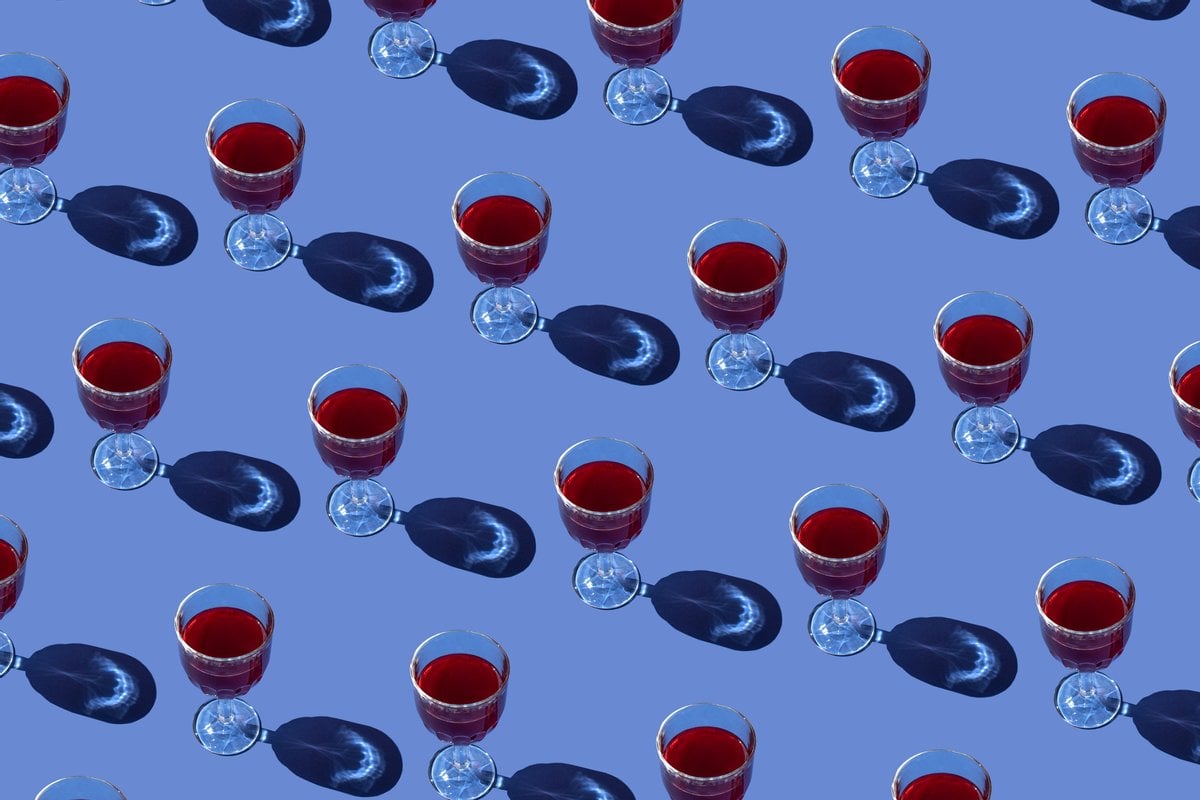
Drinking has been my avocation for years. Most of my life I’ve been able to keep it a sideline.
I don’t remember my first drink (I’m 64) but I do remember the first time I got drunk. I was 15 and the beverage of choice was cheap fruit wine, swilled behind Larry’s Confectionary in my hometown.
In high school, my friends and I drank on weekends and at around 17 started sneaking into bars. Booze didn’t play a huge role in my life; it was present, but I didn’t crave it.
Watch: Your body after one year without alcohol. Post continues below.
There have been times in my life when my drinking morphed from entertainment to a calling.
The first was my first two years in residence at university. This requires no explanation.
The second was three years in my 20s, when I was a social worker in child welfare - a job I was so ill-suited to that I looked to alcohol to mitigate my anxiety. I was also lonely, but booze was a lousy stand-in for love and companionship.
The third phase was when my older daughter hit 14 and began acting out: I had the crazy notion that I deserved a drink. I gained momentum from there.




























































































